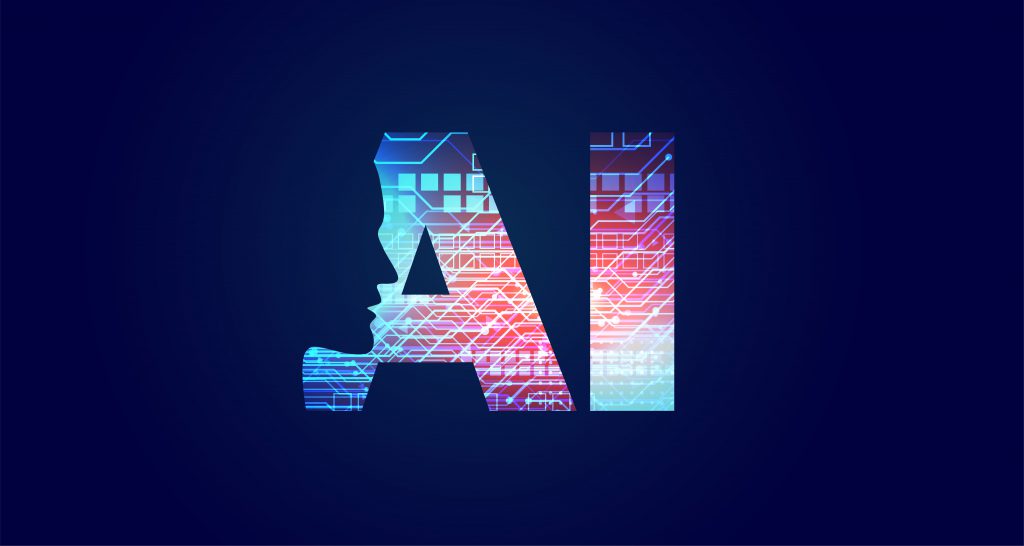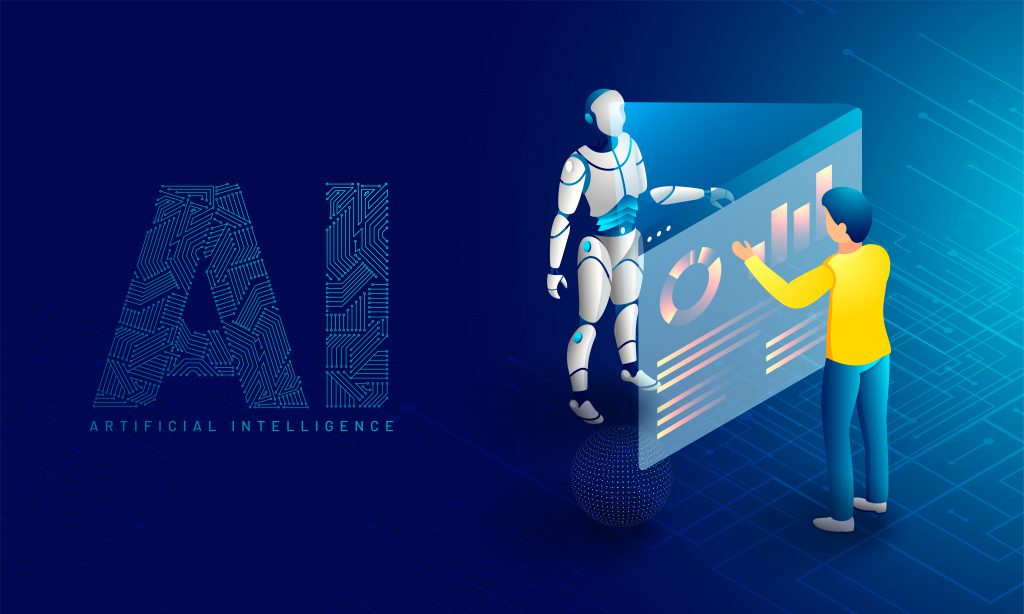Last Updated on May 14, 2025 by Muhamed Elmesery
“Machines that can talk and think,” this is how science fiction movies present the idea of artificial intelligence (AI). Now we can see artificial intelligence invading various aspects of life.
It is the first concern of all companies in various industries, where the most important advantage of artificial intelligence for entrepreneurs is to reduce relying on human potential. Thus, they are able to save time and effort by developing machines capable of operating automatically without human intervention, where saving effort and time in the business world leads to saving money, the primary goal of every entrepreneur.
Create a FREE Virtual Labs Account Now!
The emergence of artificial intelligence as a term began by philosophers of science in 1956. And many believe that philosophy played a key role in the development and growth of artificial intelligence technology. According to David Deutsch, a physicist at Oxford, philosophy still holds the key to achieving general artificial intelligence (AGI), which is the level of machine intelligence that is comparable to that of the human brain, despite the fact that “there is no brain on earth yet, close to Find out what our brains do to achieve any of their functions.”
The uses of artificial intelligence range from security systems, military uses, and medicine to self-driving cars, energy-saving, positioning systems, etc. In this article, we will discuss one of those applications, which is its application in education.

Table of Contents
What is AI?
Artificial intelligence can be defined as modern technology used to allow machines and computer programs to simulate human intelligence and provide them with the ability to learn. Artificial intelligence is mainly based on the learning side and that is one of the most important benefits of these technologies, saving a lot of time and effort for humans.
Artificial intelligence needs very high specialists and techniques. And there are a lot of problems that programmers are trying to solve by AI, including computer programming for features such as learning, planning, problem-solving, and the ability to move objects.
According to a recent Hubspot survey of 1,400 consumers around the world, the results showed that 63% of them do not already realize that they use artificial intelligence techniques on a daily basis in their lives.
History of Artificial Intelligence
In the middle of the twentieth century, some scientists tried to develop new ways to build machines with intelligence and learning ability based on their recent findings in neuroscience, a new mathematical theory of information, and the development of cybernetics. Moreover, using digital computer, they were able to invent a machine that could mimic human computational thinking.
By 1956, a conference was held on the campus of Dartmouth College, where intelligence research was established. The attendees of this conference were the pioneers of AI research. One of the most distinguished of them was Herbert Simon, who founded artificial intelligence laboratories at the Massachusetts Institute of Technology (MIT), Carnegie Mellon University (CMU), and Stanford. They and their pupils began to write programs that enabled the computer to solve problems in algebra, prove logical theories, and speak English, which surprised and attracted the attention of the scientific community at the time.
By the early 1980s, AI research had leapfrogged through the commercial success of “expert systems.” Expert systems are one of the artificial intelligence programs that can simulate the analytical knowledge and skills of one or more human experts.
In the 1990s and the beginning of the 21st century, AI research was able to invade many fields such as logistics, data mining, medical diagnostics, and many different fields in various types of technological industries. And among the most important factors of this success were the great power of computers, the increased focus on solving specific sub-problems, and the creation of new relationships between the field of artificial intelligence and other areas of work in similar problems. Researchers began to adhere to strong mathematical approaches and rigorous scientific standards.
Artificial Intelligence in Education
Modern technologies are currently invading the field of education extensively from the use of augmented reality and virtual reality techniques in explaining the educational curricula, especially conducting laboratory experiments such as PraxiLabs 3D virtual labs, which contain virtual labs to conduct experiments of physics, chemistry, and biology, to the technology of artificial intelligence which we will address one of its most important techniques in education at present.
PraxiLabs Virtual Labs include a range of 3D science experiments in physics, chemistry and biology experiments
Personalized Learning
Unlike the traditional education system, which is based on the principle of equality in education, where everyone attends the same subject, listens to the same lecture, and takes the same standardized tests, regardless of their understanding or applying concepts in the future, researchers seek to develop artificial intelligence systems that collect each student’s data based on the type of material that suits their understanding and increases their learning ability, including providing appropriate curricula for each individual student as well as examinations for assessment.

What “Squirrel AI” has done with a Chinese student, Zhou Yi, is a successful example of what personalized learning technique might offer students. Zhou was terrible at math. He risked never getting into college. Instead of a human teacher, researchers at “Squirrel AI” developed an artificial intelligence algorithm to shape his lessons. Within two years, Zhou’s test scores rose from 50% to 85%.
However, it is worth mentioning that there are some concerns and challenges such as the problem of equality, and it may occur in cases where the personalized teacher will be an impediment to some and may damage the credibility of these systems.
 PraxiLabs A virtual world of science
PraxiLabs A virtual world of science





